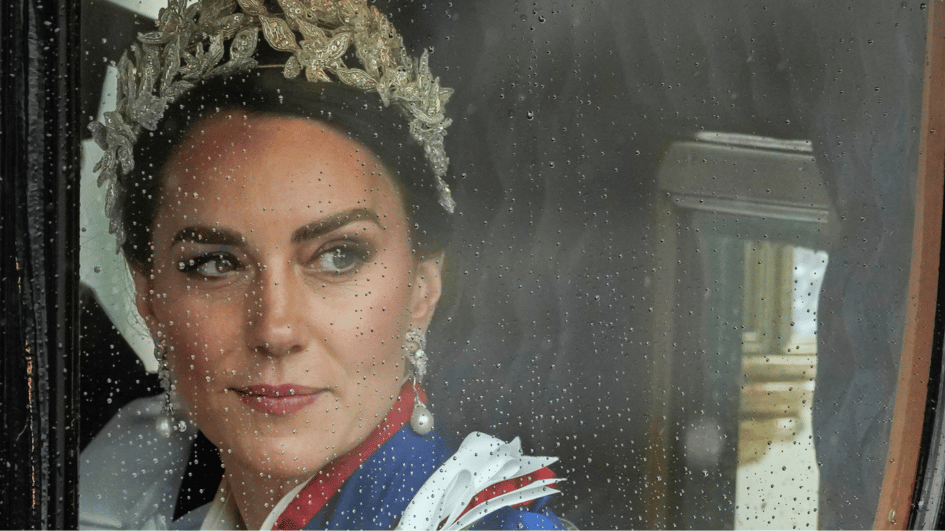
The picture was meant to douse speculation about the whereabouts and health of Britain's Catherine, Princess of Wales, but instead her manipulated image unleashed a torrent of internet-breaking rumors and conspiracy theories.
The storm in the royal tea pot erupted after Kate, 42, on March 11 apologized and admitted to editing a palace-issued photograph of herself with her three children after the altered image was withdrawn by news agencies including AFP.
The fiasco gave way to a fresh swirl of speculation about the British royal - dubbed online as "Katespiracy" - laying bare the fragility of the digital landscape in the age of rampant disinformation that has eroded trust and turned social media users into amateur sleuths.
Amid a vacuum of information, online posts speculated whether her marriage to William, heir to the British throne, was on the rocks. Others pondered whether Kate was recovering from an eating disorder or the cosmetic procedure known as a Brazilian butt lift while some wondered whether she were even alive.
Kensington Palace declined to release an unedited copy of the photograph, prompting social media detectives to go down new rabbit holes.
Some observers called it the Streisand effect, royal edition - the palace secrecy and botched PR had made the speculation about Kate worse, leaving even those who typically steer clear of such gossip hooked.
The manipulated image dropped at a time when concerns around false or misleading visual information are at an all-time high, particularly following the rapid advances in generative artificial intelligence.
"People now feel a pervasive, low-grade disorientation, suspicion, and distrust," U.S. writer Charlie Warzel wrote in the Atlantic Monthly.
"As the royal photo fiasco shows, the deepfake age doesn't need to be powered by generative AI - a hasty Photoshop will do."
The climate of online distrust has spurred new calls for transparency, even among British royal family members with a long tradition of secrecy.
"If the royals really want to model important values to the nation, they should start by overhauling their approach to media in favor of transparency (and) scrupulous honesty," Catherine Mayer, author of the book "Charles: The Heart of a King," wrote on X.